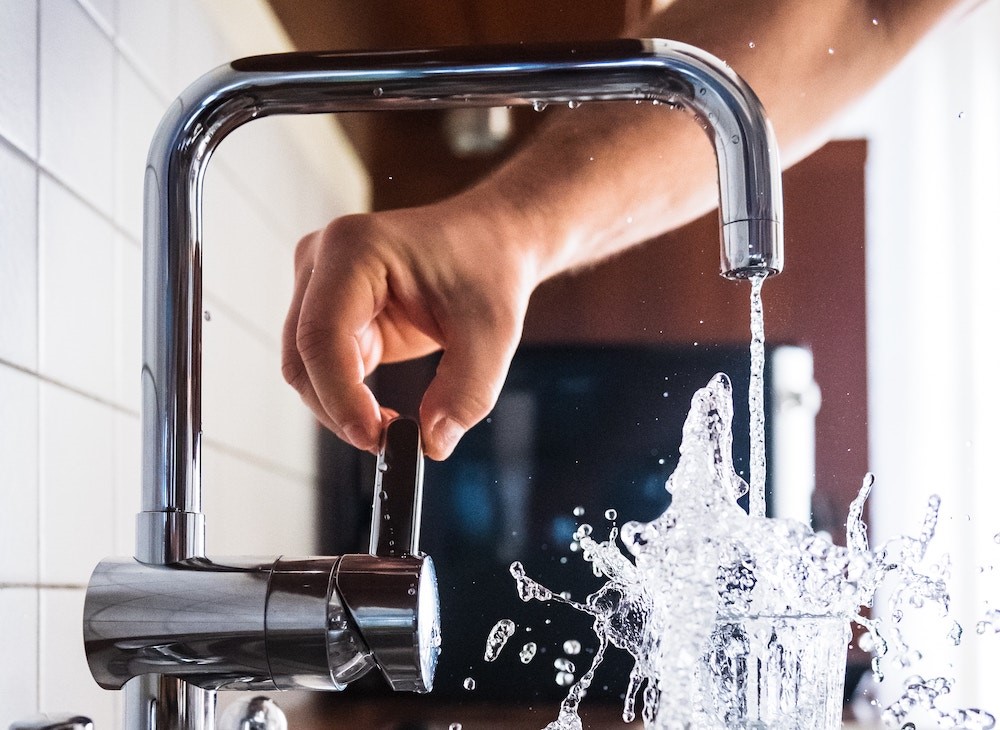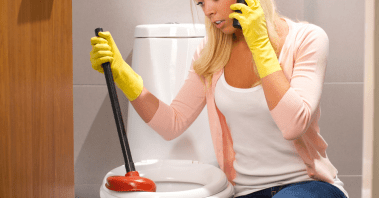Emergency Plumbing Fixes: Steps to Take Until Assistance Arrives
Emergency Plumbing Fixes: Steps to Take Until Assistance Arrives
Blog Article
How do you really feel with regards to What to Do During a Plumbing Emergency?

Plumbing emergency situations can strike any time, causing anxiety and possible damage to your home. Whether it's a burst pipe, a clogged drainpipe, or a leaky tap, understanding how to handle the scenario up until a professional plumbing technician shows up can save you from further complications. This write-up gives essential emergency situation pipes pointers to aid you mitigate damage and restore control during a plumbing dilemma.
Shut off the Supply Of Water
The initial step in any type of plumbing emergency is to shut down the supply of water. For local issues, such as a leaking tap or toilet, shut off the shutoff near the component. In the case of a major leakage or ruptured pipe, situate your home's primary water shut-off shutoff and turn it off quickly. Knowing the area of these valves beforehand can conserve important time throughout an emergency situation.
Address Small Leakages with Short-term Fixes
Little leaks can promptly end up being significant troubles if left untreated. Use these short-lived solutions up until professional aid shows up:
While these solutions aren't permanent, they can assist lessen water loss and damages.
Unclog Drains Safely
A blocked drain can be an aggravating and messy issue. Here's just how to tackle it:
If these approaches do not function, prevent utilizing excessive force, as it may worsen the clog.
Take Care Of Overflowing Toilets
An overruning bathroom can trigger instant mayhem. Here's what you should do:
Shut down Your Water Heater
In certain emergency situations, such as a burst pipe, it's important to turn off your water heater. This protects against getting too hot or damage to the device when water stops flowing. Switch off the power supply to the water heater (electrical or gas) and allow it cool down to stay clear of prospective hazards.
Briefly Stop a Ruptured Pipe
A ruptured pipe can cause significant water damage in mins. To mitigate the problem:
Call a specialist plumbing technician immediately to attend to the problem completely.
Handle Frozen Water Lines Carefully
In chillier environments, frozen pipelines are a common emergency. If you believe a frozen pipe:
Prevent Additional Damages
Taking fast action to decrease damage can save you money and time in the future. Below's just how:
. Have an Emergency Plumbing Kit
Prepare a fundamental plumbing emergency situation set to take care of minor problems efficiently. Your kit should include:
Having these tools available can make a significant distinction in your ability to manage emergency situations.
Know When to Call a Specialist.
While quick fixes can assist briefly, certain pipes concerns need immediate specialist focus. Call a plumbing technician if:.
Promptly speaking to an expert ensures the problem is resolved properly and avoids additional problems.
Verdict.
Plumbing emergencies can be frustrating, but with the appropriate understanding and devices, you can handle the situation successfully until aid arrives. By switching off the water supply, dealing with tiny leaks, and utilizing short-lived repairs, you can decrease damage and keep your home safe. Keep in mind, these pointers are short-term options; constantly consult a certified plumbing technician to take care of the root cause of the problem. Prep work and fast reasoning are your best allies in any plumbing emergency situation.
8 Helpful Tips for Managing Plumbing Emergencies at Home
If your plumbing system hasn’t failed once, wait for it because almost everyone has a story to tell. Sometimes, it could be simple emergencies such as a leaking pipe, a blocked cistern, or even a big burst pipe. In situations like this, you need to have some handy tips to save you some money and from possible damages.
Take care of minor issues early.
Sometimes, you could have avoided an emergency by taking proactive measures while it was still early. Some major plumbing emergencies can be a result of an ignored minor issue. We recommend that you have items like plumbing tapes and other related items. A plumbing tape can allow you to manage minor leaks before the plumber arrives.
Cut off the water supply.
This tip is essential in almost any type of leakage problem. For problems like minor leakages in the toilet or kitchen, turn off the supply that takes water to the affected pipes. If the leakage is a major pipe, you must shut off the supply valve to the entire building. This will help you avoid flooding your home and neighbors if you share a flat.
Know your plumbing system
Folks typically move into a new apartment without understanding the water supply around the building. This can prove disastrous if a water emergency arises and the plumber is far away. The previous tip will prove useless if you don’t practice this one. More importantly, know where your water shut-off valve is located – you’ll need that knowledge to prevent potential home floods.
Have some common handy tools
There are lots of plumbing emergencies that you can handle without hiring a plumber. That’s why you must keep some tools available always. Some tools that you can use to fix simple plumbing emergencies easily include plumbing tapes, screwdrivers, thread seal tapes, plungers, pliers, tape measures, and rubber gloves.
Insulate your pipes from cold
You’ll save yourself from many plumbing expenses if you protect your water pipes from the cold. This is because of the harmful effects that cold weather can have on your pipes. During winter, your pipes can burst from being overly expected to freezing temperatures. So, make sure insulators are there to keep the pipes working correctly.
Avoid practices that will clog your toilet.
Many people indulge in practices that can damage the plumbing system of the entire building. One of these is when they use their toilet to dispose-off garbage. They flush all kinds of things, such as paper towels, bandages, hairs, female sanitary products, etc., down the toilet. This will block your toilet in the long run, incurring unnecessary expenditures. Dump such waste in the trash instead.
Check your dials regularly.
Sometimes, there could be leakages in your home without noticing them in time. So, constantly monitor your water meter dial. If the dial is reading when there is nobody using water, this is an indicator that there is leaking. Check for leaks immediately. Call a plumber as soon as possible if you can’t find any.
https://www.constructionplacements.com/8-helpful-tips-for-managing-plumbing-emergencies-at-home/

I'm certainly very interested by Expert Tips for Managing a Plumbing Emergency Until Help Arrives and I really hope you enjoyed our entry. Are you aware of someone else who is intrigued by Expert Tips for Emergency Plumbing Repairs? Do not hesitate to promote it. We recognize the value of your readership.
Schedule Your Job Now Report this page